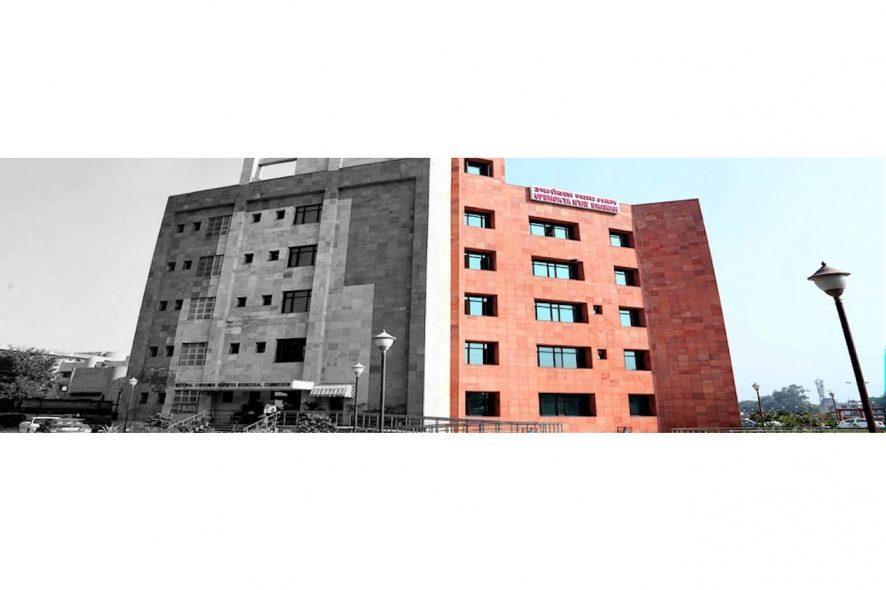National Consumer Disputes Redressal Commission (NCDRC): A Single Judge Bench comprising of V.K Jain, J., dismissed a consumer plaint for claim of insurance.
The respondent owned a vehicle which was insured with the petitioner company for which he claimed reimbursement in respect of the loss suffered by him on account of damage to the vehicle but as the driver of the vehicle was under the influence of intoxicating liquor at the time of accident, the company denied the claim by stating the respondent’s liability under Section 1(c) of the insurance policy, which states that insurer is not liable in case of any accidental loss or damage suffered whilst the insured or any person driving the private car with the knowledge and consent of the insured was under the influence of intoxicating liquor.
After being dismissed by the District Forum, the claim was finally allowed by the State Commission by way of an appeal and as a resultant, the petitioners filed for a revision.
The prime point for consideration was as to when a person can be regarded under the influence of alcohol in order to hold him guilty for his respective act. The Court appraised Lyon’s Medical Jurisprudence and Toxicology report whereby the Blood alcohol of 0.10% was accepted as prima facie evidence of alcoholic intoxication with the prescribed limit for permissible blood alcohol in India being 30mg/100 ml of blood. This was read in consonance with the AIIMS report which expressed that if the quantity of alcohol in the blood was 100 or more mg. /dl (100 ml), it led to blurred vision, unsteady gait and ill coordination.
In this case, the alcohol content of the driver was 103.14 mg /100 ml of his blood, which clearly indicates the influence of liquor at the time he died or got injured taking into account the national limit for permissible blood alcohol.
The Court was of the view that the purpose of the insurer behind excluding such cases was to ensure that the consumption of the liquor did not contribute to the accident. Hence the impugned order was set aside. [Royal Sundaram General Insurance Co. Ltd. v. Davubhai Babubhai Ravaliya, 2018 SCC OnLine NCDRC 372, order dated 04-09-2018]







Great article! keep doing good work!